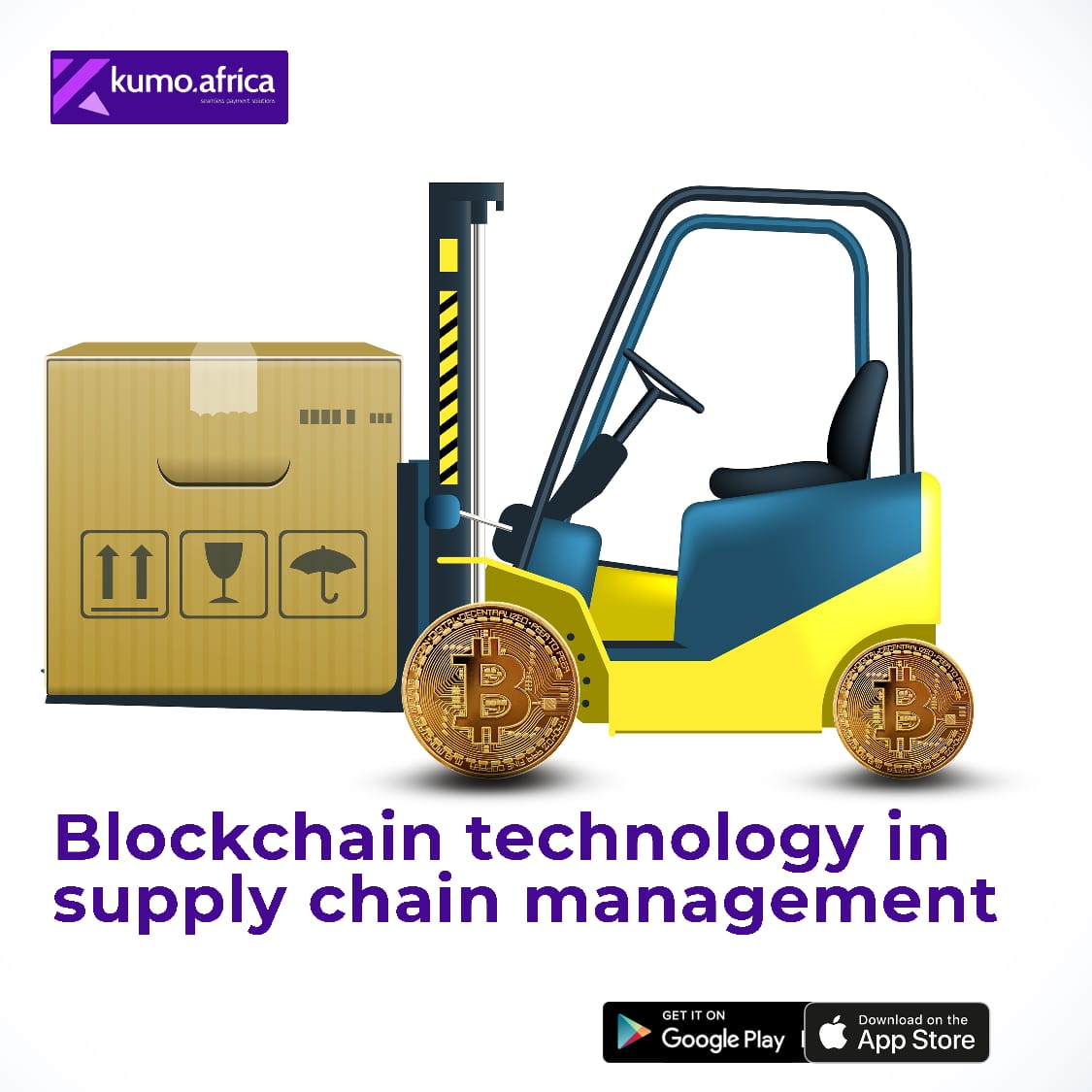Suppliers, manufacturers, distributors, and retailers are just a few of the many parties that are involved in the intricate process known as supply chain management.
Maintaining transparency, traceability, and accountability while managing these parties and the various supply chain stages can be difficult.
Blockchain technology can help with some of the most important problems.
A decentralized, digital ledger using blockchain technology keeps track of transactions in a secure and open way.
This makes the data stored in the blockchain tamper-proof and secure because once a block is added to the chain, it cannot be changed or removed.
How can supply chain management utilize blockchain technology?
There are many ways that blockchain technology can be applied to supply chain management, including:
Product tracking and tracing
The use of blockchain technology allows for the creation of an immutable record of each and every supply chain transaction, from raw materials to finished goods.
As a result, businesses can track products and spot any problems or inefficiencies in the supply chain, increasing transparency and traceability.
Increasing efficiency
Blockchain technology can help to cut down on the time and resources required to verify and reconcile data by creating a secure and transparent record of transactions.
This may contribute to the supply chain’s improved efficiency and lower costs.
Reducing fraud
By producing an immutable record of each transaction, blockchain technology can help reduce fraud in the supply chain.
This can lessen the likelihood of fraudulent activities and help to prevent the sale of fake goods.
Collaboration
By providing a shared and secure platform for data exchange, blockchain technology can help to improve collaboration between parties in the supply chain.
This can aid in lowering misunderstandings and boosting mutual trust.
Real life application of blockchain technology in supply chain management
Several businesses have already begun using blockchain technology in supply chain management, as demonstrated by the following examples. Here are a few instances:
Walmart
In order to track its food products from the farm to the store, Walmart and IBM have teamed up to develop a blockchain-based platform.
The software shortens the time needed to pinpoint the origin of any problems by enabling Walmart to quickly trace products back to their source.
De Beers
The largest diamond producer in the world, De Beers, is using blockchain technology to build a safe and transparent platform for tracking its diamonds from the mine to the retailer.
The platform enables De Beers to give clients a history of the diamond’s travels, including where it came from and who owned it before.
Finally, by enhancing efficiency, traceability, and transparency while lowering fraud and fostering greater collaboration, blockchain technology has the potential to revolutionize supply chain management.
We can anticipate more businesses integrating blockchain technology into their supply chain management procedures as the technology advances.
About Kumo
Kumo, registered as Kumo Technologies Inc in Delaware, U.S. is a fiat and crypto social payment app which allows users to exchange fiat (NGN) to crypto, save and earn interest in dollar with as low as $5, utility payment such as DSTV subscription, airtime, data among others.
Kumo wallet is your all-in-one social payment app for seamless payment solutions.
Website | Twitter | Facebook | Instagram | Email


[…] Read more about the uses of blockchain technology in supply management here […]